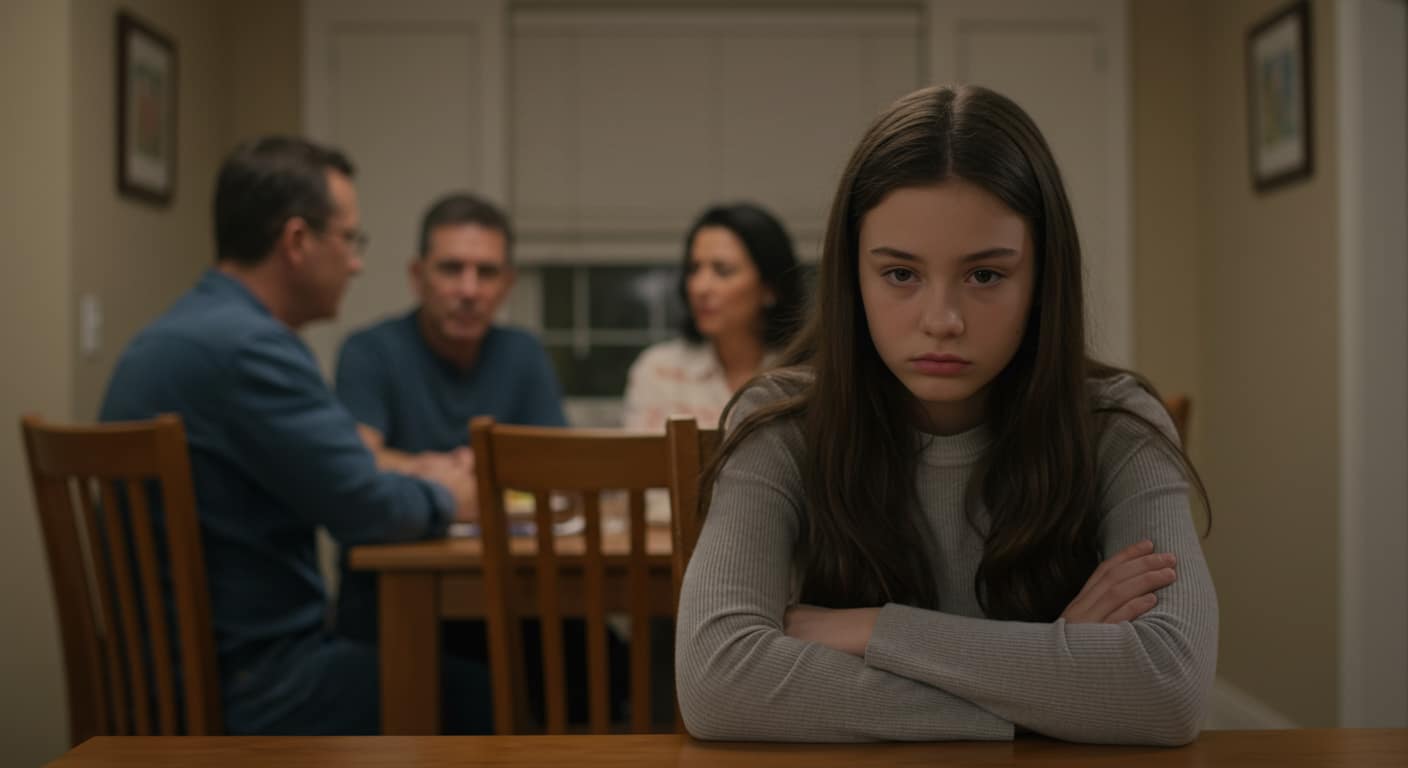Family and Friends
Depression stigma is still very real and often deeply misunderstood. Teens who suffer from depression may experience shame, guilt, and social isolation simply because their condition is invisible or misjudged. And too often, they’re met with judgment rather than compassion. As parents and caregivers, it’s time we change that narrative. Understanding and empathy must come first.
Depression Is Not Just Sadness
First of all, let’s clear the air—clinical depression is not just extreme sadness. It’s a whole-body disorder. A teen with depression may struggle to brush their teeth, get out of bed, or complete homework—not because they’re lazy, but because the motivation and energy simply aren’t there. This may look like irresponsibility from the outside, but it’s actually an internal battle we can’t always see.
“Just Be Happy” Doesn’t Work
Many teens feel added shame because the world tells them to just smile, try harder, or “snap out of it.” Depression doesn’t work like that. Their behaviors may look like flakiness, forgetfulness, or moodiness. But what they actually need is support, not scolding. Our words and tone have power—uplift, don’t dismiss.
Learn Their Unique Depression Pattern
No two teens experience depression the same way. That’s why your best strategy as a caregiver is to study your child’s unique experience—what triggers it, what helps, and how it manifests. The more you understand, the better you’ll communicate. Unlearning myths about mental health is one of the most healing gifts you can give your teen.
Mental Health Should Never Equal Shame
The truth is, depression stigma isolates. Teens fear how friends or family will treat them differently if they’re “found out.” It’s critical to collaborate with therapists, teachers, and school counselors to normalize mental health conversations. Let your teen know their feelings are real, and they’re not broken—they’re human.
Become Their Advocate
You have a unique opportunity as a parent to speak up for your teen. Whether that’s correcting a relative who minimizes depression or helping your teen navigate social pressure, you set the tone. At the same time, empower your teen to use their voice when they’re ready. This isn’t about forcing disclosure, but building confidence in their boundaries.
Support Their Decisions About Disclosure
Not everyone wants to talk about their depression. Your teen may want privacy—and that’s okay. Respect their right to disclose (or not disclose) their struggles to others. Just knowing you’re in their corner can give them the courage to say no when needed, even to well-meaning invitations that drain them.
You’re Not Alone In This
Yes, it’s hard to know that your teen might be judged or misunderstood. But it’s far more dangerous to let them suffer in silence due to fear of stigma. You’re not powerless—every kind word, every respectful conversation, every time you choose patience instead of pressure, you fight the stigma.
Together, We Break the Stigma
In conclusion, you don’t have to take on stigma alone—just one situation at a time. Whether it’s a dinner conversation, a therapy visit, or an encouraging word, you are building a world that treats depression with the same dignity as any physical illness. And that might just save a life.










